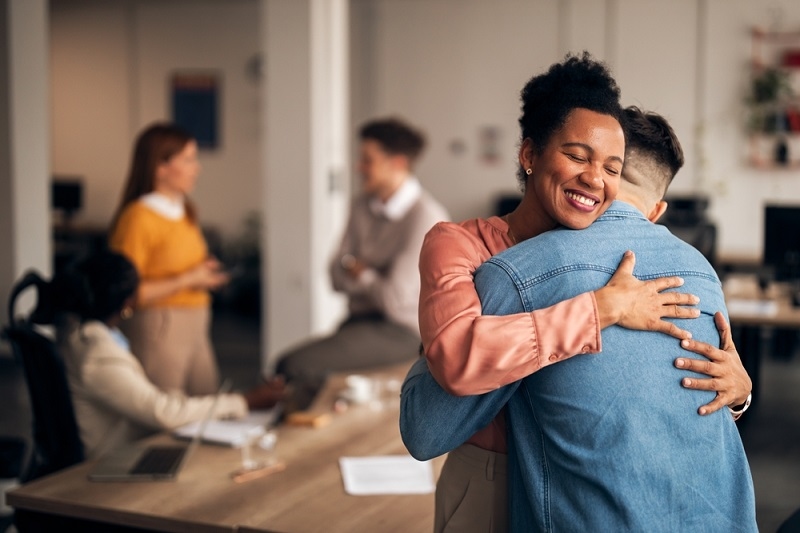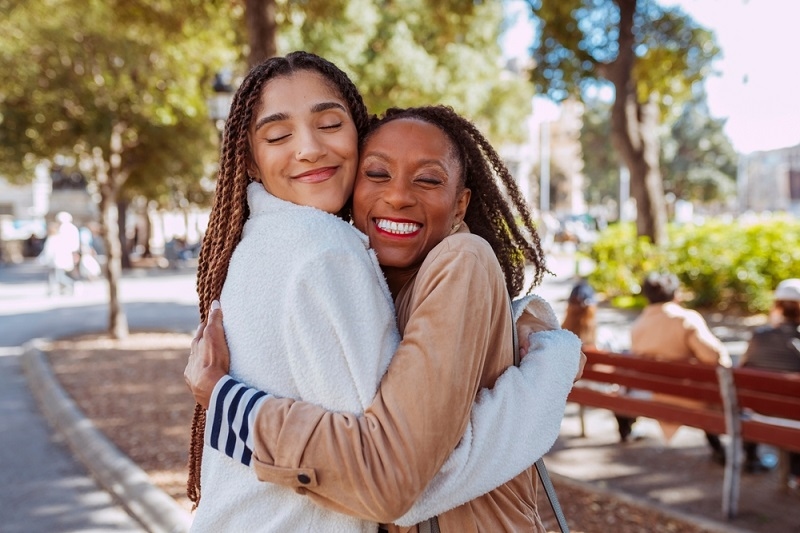
Human connection feels stronger when people experience things together. It does not matter if it is travel, work, learning, or facing something new. When people share moments, their minds respond in ways that create trust, comfort and a sense of belonging. This is the foundation of the psychology of shared experiences. It explains why friendships form quickly in groups and why communities grow when people go through meaningful moments side by side.
Understanding how group psychology works also helps explain why some teams feel aligned immediately while others struggle. Shared moments hold emotional weight and that emotional weight shapes how people relate to each other. When these experiences strengthen the bond between individuals, the result is a group that feels more connected, more confident and more willing to support one another.
The psychology of shared experiences focuses on how emotions, reactions and memories become linked when people go through the same event. When a group faces something exciting, new or even slightly challenging, their bodies release chemicals that support social bonding. Oxytocin is one of the strongest examples. It increases trust and comfort, which explains why people feel closer after a meaningful group activity.
Shared emotions also help people understand each other better. When you react to the same moment with the same kind of energy, your brain recognizes that connection as something important. Over time, this creates a natural closeness that rarely appears in isolated situations. This is one reason group psychology is so powerful. It offers a setting where people see each other clearly and feel understood.
Another part of the psychology of shared experiences is memory formation. When memories are built together, they feel richer and more impactful. People often remember group experiences longer because there is a social and emotional layer connected to the moment. This is also why people recall group trips, team wins, shared challenges or community events more vividly. Those memories hold the essence of human connection.
Top Pick: Team Building Activities For Experiences To Bond Over
Social bonding within groups does not happen by accident. It forms through a mix of shared reactions, group focus and emotional exchange. When people spend time together in a shared atmosphere, they adjust to each other. They pick up on expressions, tone and small reactions. This synchrony builds trust.
A group also creates a sense of safety. You do not feel alone in a new situation. There are others experiencing the same thing. This makes people open up more quickly and feel more comfortable expressing themselves. As a result, social bonding becomes faster and more genuine.
There is also the role of new environments. When a group enters a space that feels different from the everyday routine, the brain pays more attention. This heightens emotions and creates a deeper imprint on memory. When these experiences strengthen emotional awareness, the bond becomes easier to maintain over time.
Group psychology reveals that the human beings are such that they can easily form a social bond through sharing of purpose however small it might be. A big mission doesn't need to be the case; even mundane activities like going for a walk together, learning something new or solving a simple problem as a team create a shared rhythm. That rhythm then facilitates the development of social bonds more than lengthy dialogues or lone interactions would ever be able to do.

When individuals partake of a common activity, they frequently have to communicate, cooperate and demonstrate a certain degree of vulnerability. This leads to trust being developed at a gradual but steady rate. Even a modest difficulty, such as finding one's way around an unfamiliar environment or completing a task together, generates respect among the members of the group
The more the interaction is, the stronger though the connection gets, and the people start depending on each other more unavoidably. They give out insights, assist each other and come up with support without being asked. The reason for this is that the shared experiences have a significant part in the long-term relationships formation. They reveal who the individuals are during the actual moments and not just in conversation.
Human connection also grows when people feel seen. A group setting allows individuals to express themselves in a way that feels authentic. When others respond with understanding, the connection becomes more grounded. Over time, this creates lasting bonds that feel sincere and dependable.
More to Discover: How Virtual Experiences Help You Build Connections?
One of the strongest outcomes of the psychology of shared experiences is community building. When people share consistent moments or participate in shared events, they start forming collective memories. These memories create community identity. Over time, they become the stories that hold the group together.
Communities grow when members feel connected, valued and understood. Shared experiences strengthen all three. They inspire people to participate more, help others and stay involved. This is how neighborhoods grow closer, teams become more unified and social groups develop a supportive atmosphere.
Shared experiences also encourage people to contribute. When you feel part of something, you naturally want to sustain it. This is a powerful factor in building stronger communities. It drives action, cooperation and a sense of responsibility within the group.
Group psychology shows that people absorb the emotional atmosphere around them. When a group feels positive energy, excitement or curiosity, everyone in the group benefits. This emotional alignment boosts motivation and reduces stress. It also creates an experience that feels meaningful.
Collective emotion can also help people manage difficult moments. When challenges are faced together, the stress is shared. This makes the situation feel easier to handle. It also boosts trust among group members because everyone witnesses how others respond when things are tough.
This shared emotional space is one of the strongest reasons experiences strengthen human relationships. It is hard to build this type of connection through isolated or individual activities. Group settings provide a natural path for emotional exchange and mutual understanding.
People tend to remember experiences longer than purchases. The emotional weight, the shared reactions and the sense of connection make the moment more meaningful. This is why trips, celebrations, group achievements or simple shared routines hold value even years later.
These moments create a personal and social impact. They influence mood, confidence and relationships. This deeper psychological effect cannot be replaced by material things. Shared experiences strengthen memories because they involve movement, emotion and human connection at the same time.
Also check: Design Unique Community Gathering Experiences for All Ages
The psychology of shared experiences explains why human connection grows faster when people spend time together in meaningful ways. Shared moments build trust, increase emotional understanding and support natural social bonding. When these experiences strengthen relationships, communities grow stronger and group identity becomes more defined.
Whether it is travel, teamwork, learning or simply spending time in a shared setting, these moments shape how people connect and how relationships develop. They offer clarity, comfort and a sense of belonging that stays long after the experience ends.
This content was created by AI